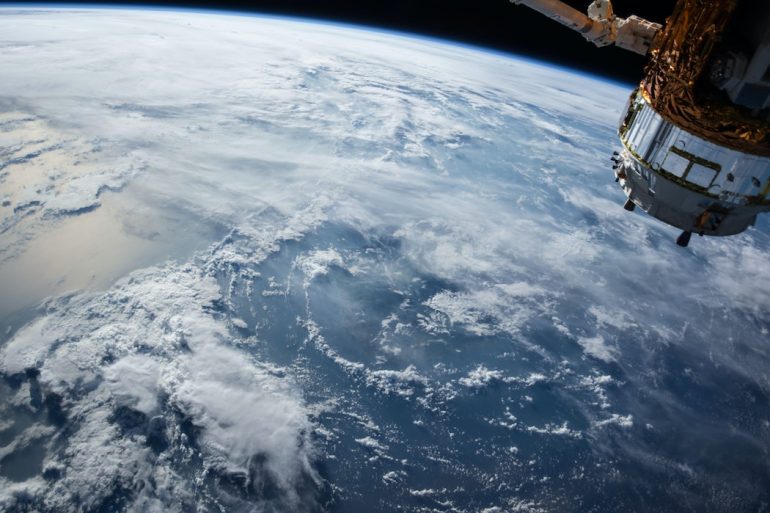Montreal-based global emissions monitoring company GHGSat has closed a $39.5 million CAD ($30 million USD) in what the startup called the first tranche of its Series B financing. The financing brings the company’s total funding to date to $72.4 million CAD ($55 million USD).
GHGSat’s new location in the UK will investigate man-made greenhouse emissions around the world, excluding North America.
Led by Investissement Québec, the participants in the tranche also include OGCI Climate Investments, Business Development Bank of Canada, Fonds de solidarité des travailleurs du Québec, Space Angels, and Schlumberger. Proceeds from the financing will be used to support the build and launch of three new satellites, and will allow the startup to open a global intelligence centre in the United Kingdom.
“The success of this round is built upon ongoing partnerships and we thank our investors for their enthusiasm and trust in GHGSat,” said Stephane Germain, CEO of GHGSat. “Despite this year’s global pandemic and related economic setbacks, we continue to see growing demand from our target markets.”
Montréal-based GHGSat uses satellites and aircraft sensors to offer monitoring services for industrial facilities in oil and gas, power generation, mining, waste management, and agriculture sectors, to measure and reduce greenhouse gas emissions.
Since being launched in 2016, GHGSat’s first satellite, named Claire, has taken thousands of measurements using algorithms that take in both its own data as well as third-party data. The area measured covers over a million square kilometres of the Earth’s surface and has identified methane leaks, which operators were then able to address.
RELATED: National aerospace association receives $49 million to build innovation ecosystem
The investment follows the launch of the GHGSat’s second satellite, Iris, last week and means the company can now fast-track the deployment of the rest of its constellation. A third satellite, Hugo, is in final testing and is due to launch by the end of the year, to be followed by more launches in the next two years.
GHGSat claims its satellites can detect methane emissions from sources 100 times smaller than any other system, and with a resolution 100 times higher than those systems. Earlier this year, the company also launched a service for visualizing greenhouse gas emissions.
In addition to supporting the new satellites, the Series B financing will also allow GHGSat to expand its analytics capability in Canada. Its new location in the UK will investigate man-made greenhouse emissions in territories around the world, excluding North America.
Image source Unsplash. Photo by NASA.


